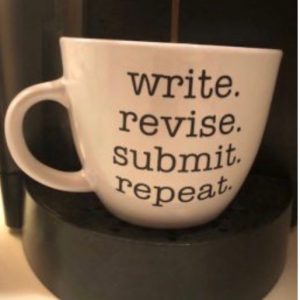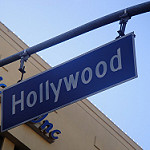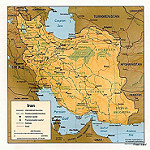When I was getting ready to publish the stats from 2018, I realized I had never posted those from 2017. Well, that won’t do. So here it is–only 365+ days late.
3: Number of fantastic new agents at NLA.
1: Number of NLA Twitter Pitch Parties (and with 3,500+ pitches tweeted our way, our hashtag trended in Twitter’s top 5 that day!).
3: Number of Twitter Pitch events NLA participated in.
667: Number of full manuscripts requested and read (up from 87 last year). Wowza! The power of four agents reading!
91: Number of manuscripts we requested that received offers of representation from other agencies.
22: Number of manuscripts NLA offered representation for: Danielle = 12; Johanna = 6; Quressa = 2 (she started with us in September); Kristin = 2.
19: Number of new clients who signed with NLA.
37: Number of books released in 2017: 24 print releases, 6 reprints, and 7 digital releases.
25,000+: Estimated number of queries read and responded to.
112: Foreign-rights deals done (up from 71 last year).
9: TV and major motion picture deals: Kristin = 8; Danielle = 1.
41: Total number of Kristin’s New York Times bestsellers (up from 39 in 2017).
54: Number of print runs for Kristin’s longest-selling title, which is Jamie Ford’s HOTEL ON THE CORNER OF BITTER AND SWEET, originally published in 2009. Up from 50 just last year. The Energizer Bunny of novels with millions sold!
Millions: Number of copies sold of Marie Lu’s three bestselling series—yay Marie!
Millions: Number of copies sold of Ally Carter’s bestselling, long-running Gallagher Girls series (which celebrated its 10th anniversary with new editions in 2016)—yay Ally!
Millions: Number of copies sold of Hugh Howey’s bestselling individual title, WOOL, which just keeps finding new readers—yay, Hugh!
8: Conferences attended by Kristin: Colorado Superstars, SCBWI Tulsa, Colorado Teen Day, Pikes Peak Writers Conference, Lighthouse Writers LitFest, RWA, Rocky Mountain Fiction Writers, and Tattered Cover Teen Bookcon.
166: Physical holiday cards sent.
788: Electronic holiday cards sent (up from 539 in 2015).
Not telling it’s so embarrassing: Number of eggnog chai lattes consumed during November and December. (I actually tracked them this year, and that just made me less likely to share the actual number.)
Lots: of late nights reading on my living-room chaise with Chutney. (That old grand dame just keeps getting more snuggly with every year.)
All: Great days loving my job!
Welcome to the new New Year!
Creative Commons photo credit: morebyless










